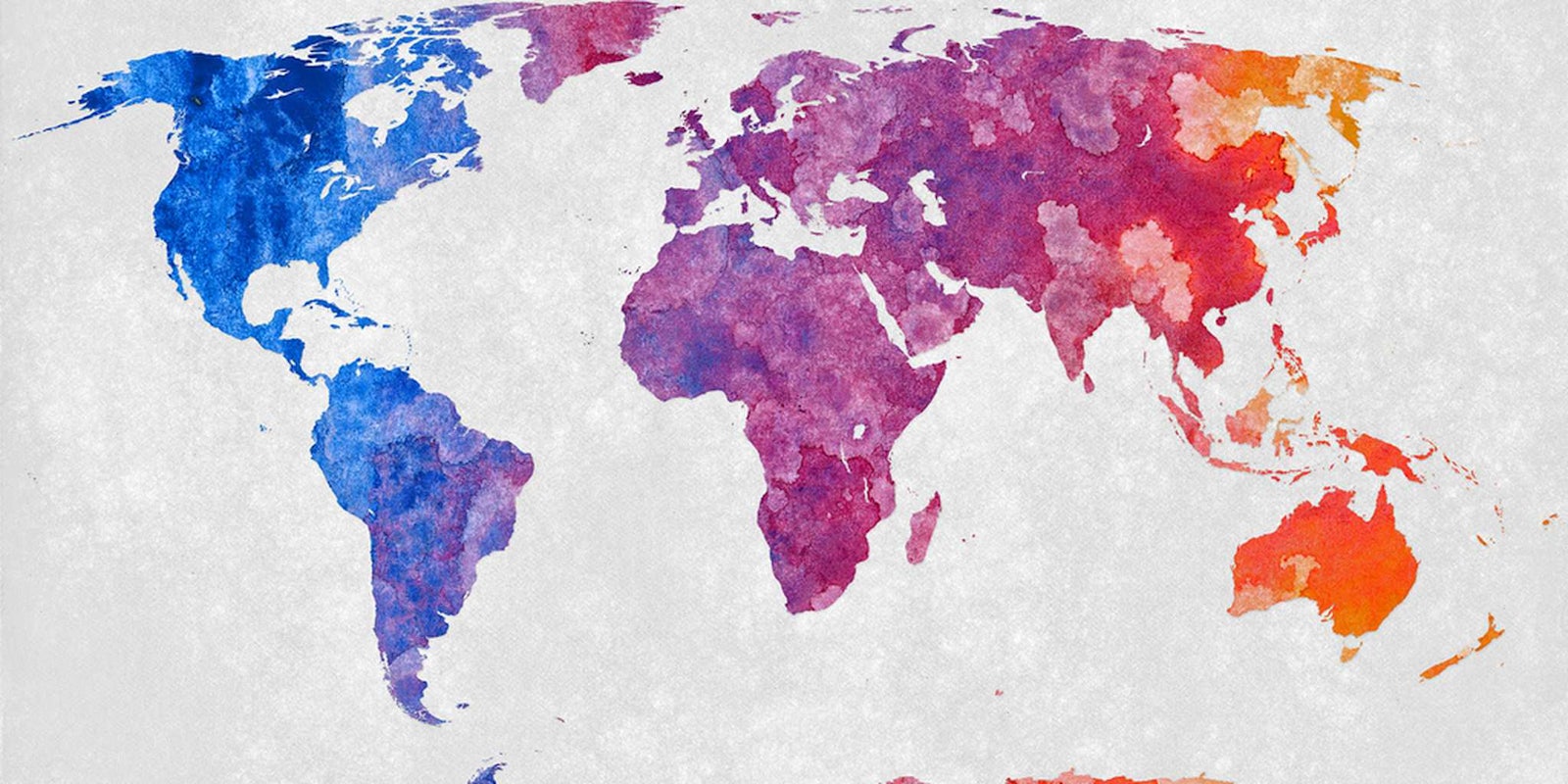Following a report from the Guardian, popular anonymous sharing app Whisper has come under fire for allegedly tracking its users despite the promises of anonymity. The app which allows people to post updates and messages without sharing their personal information has been the source for multiple news stories since the app’s release.
Whisper has denied each of the allegations made by the Guardian as false and has promised retribution for the newspaper’s “lies.” Whisper’s editor-in-chief Neetzan Zimmerman also posted a vague threat in response.
Second response: The Guardian made a mistake posting that story and they will regret it.
— Neetzan Zimmerman (@neetzan) October 16, 2014
The Guardian’s story came out of a proposed partnership between the app and the British newspaper. However following concerns raised during discussions, the paper decided to back out and write about the alleged tracking instead.
According to the report, Whisper gave them a “simple password” which allowed journalists access to all of Whisper’s messages, images and most importantly locations. The Guardian published screenshots indicating updates on Whisper could have come from places like the White House and the headquarters of the National Security Agency. Talking about one user in Washington D.C., the Guardian were told by a Whisper executive that they would “track [him] for the rest of his life and he’ll have no idea we’ll be watching him.”
Whisper categorically denies that quote, and host of other details.
“This claim is patently false, and the quote these reporters used was intentionally malicious and misleading,” Whisper’s head of news Slade Sohmer tells the Daily Dot, referring to the quote regarding a D.C. user.
“No user at any time is tracked. Whisper does not follow or track users. Whisper does not request or store any personally identifiable information from users, therefore there is never a breach of anonymity,” Slade continues. “From time to time, when a user makes a claim of a newsworthy nature, we review the user’s past activity to help determine veracity. That’s all. We have literally no way of setting alerts or tracking someone to see if they posted a new whisper.”
Despite the screenshots from the Guardian apparently showing whispers being sent from government establishments, Sohmer states this is due to location data being obscured by the application.
“The location information that we do have for opt-in is obscured to within 500 meters of their smartphone device’s actual location,” Sohmer says. “There is NOTHING in our geolocation data that can be tied to an individual user and a user’s anonymity is never compromised.”
One of the other concerns raised was Whisper’s policy regarding law enforcement and informing them of concerning messages; according to the Guardian, Whisper’s policy was much more relaxed than other tech companies. However just days before the paper released its exposé, Whisper updated its privacy policy.
Whisper is keen to point out that the Guardian were fully behind Whisper’s practices when the company demonstrated the app’s abilities to the newspaper.
“The Guardian‘s own CEO and several high-ranking editors agreed that our news-gathering ethics were above-board when our practices were demo’d for them,” Sohmer says. “Dominic Rushe overtly and enthusiastically agreed when he came to sit with us at Whisper.”
Update 1:54pm CT Oct. 16: Whisper has posted a detailed response to the Guardian’s claims and sent us the link; you can find it here.
Correction 3:23pm CT: We updated a statement from Slade Sohmer regarding how the company treats opt-in and opt-out data; Sohmer tells us he misspoke when he said “The location information that we do have for opt-in and opt-out is obscured to within 500 meters of their smartphone device’s actual location.” He clarified Whisper does not see opt-out information at all, and this applies to opt-in only.
Illustration via Flickr/Nicholas Raymond (CC BY 2.0)


